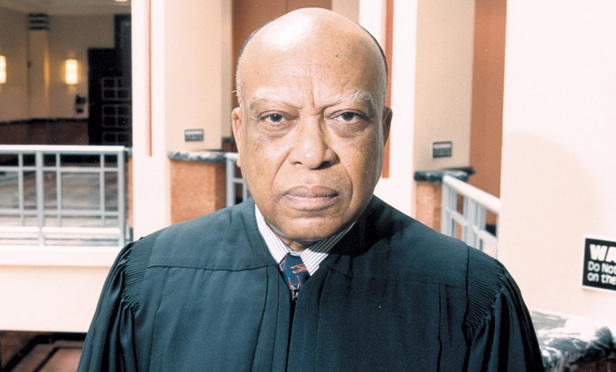In a suit claiming a tire defect caused a crash that left the plaintiff paralyzed, Cooper Tire and Rubber Co. may not introduce evidence that the driver smoked marijuana the night before, a federal judge in Newark has ruled.
The judge can introduce evidence that the driver’s errors contributed to the crash, and may seek to apportion liability to the driver, who is not a party in the case, the judge ruled in Malik v. Cooper Tire and Rubber Co. But the jury may not be told of the driver’s marijuana use because its probative value is weak, and a jury is likely to be inflamed by evidence of use of intoxicating substances, U.S. District Judge William Walls of the District of New Jersey ruled.
This content has been archived. It is available through our partners, LexisNexis® and Bloomberg Law.
To view this content, please continue to their sites.
Not a Lexis Subscriber?
Subscribe Now
Not a Bloomberg Law Subscriber?
Subscribe Now
LexisNexis® and Bloomberg Law are third party online distributors of the broad collection of current and archived versions of ALM's legal news publications. LexisNexis® and Bloomberg Law customers are able to access and use ALM's content, including content from the National Law Journal, The American Lawyer, Legaltech News, The New York Law Journal, and Corporate Counsel, as well as other sources of legal information.
For questions call 1-877-256-2472 or contact us at [email protected]



